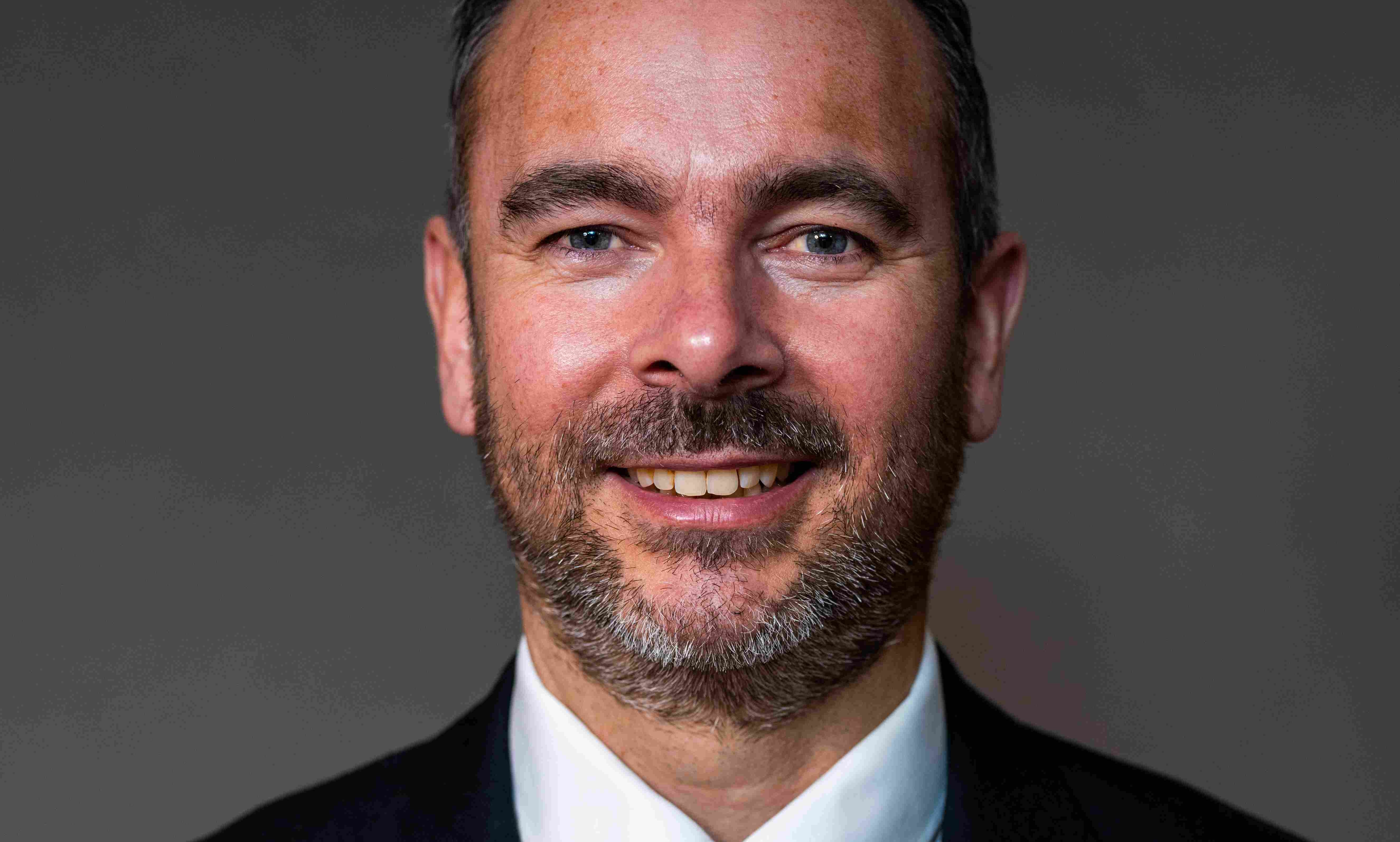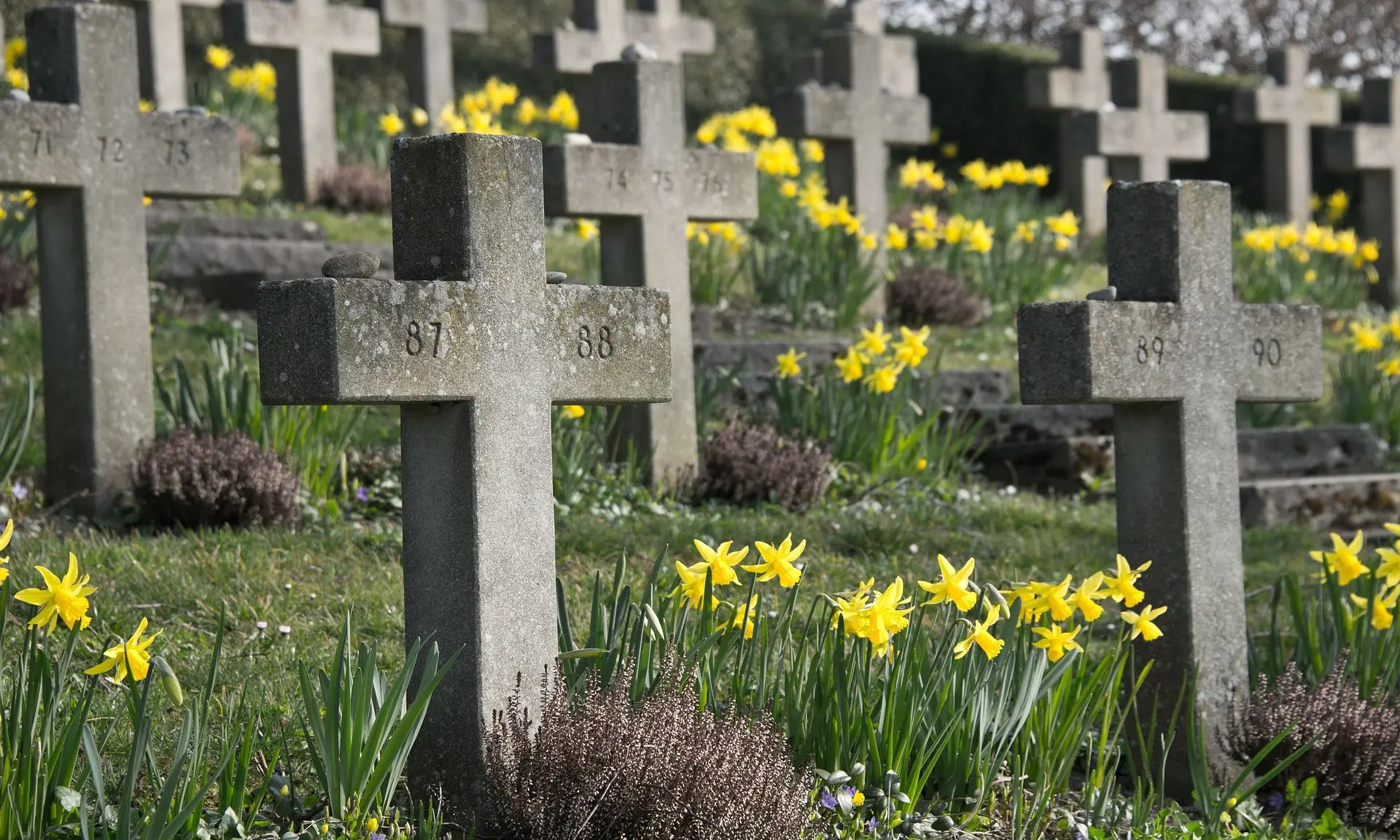Register to get 1 free article
Reveal the article below by registering for our email newsletter.
Want unlimited access? View Plans
Already have an account? Sign in
The National Association of Funeral Directors has welcomed the start of phase two of the Fuller Inquiry into the crimes of hospital electrician David Fuller.
Fuller, who was finally jailed in 2021 after evading justice for 33 years, abused the bodies of 101 women in hospital mortuaries between 2005 and 2020.
The second phase of this inquiry will delve into how his crimes went undetected for so long and will initially focus on safeguarding in private mortuaries, private ambulances and in the funeral sector.
For this reason, the NAFD “particularly” welcomes the inquiry’s focus on the care of deceased people by direct cremation firms, as well as in local community funeral homes, hoping that this will “increase public awareness and understanding”.
Having contributed to the inquiry in the scoping stage, the association also expects to give evidence during phase two. It also encourages members to provide evidence from their own businesses and experience.
In a statement, the NAFD said: “Our evidence will likely focus on our quality assurance framework, the work of the IFSO, developments in terms of educational and continuous professional development, and the principles of the NAFD code.
“Throughout our representation, we have stressed that NAFD members adhere to a set of standards upon which any future oversight recommendations should be based. Those standards are inclusive and can be met by a wide variety of different business types and sizes.”
They added: “Any future regulatory measures should respect and reflect the importance of diversity and should not be disproportionately burdensome to any groups, or group, of providers.”
The NAFD inspects more than 4,000 funeral homes and has long been concerned with the lack of oversight of funeral businesses and other organisations, which look after or transport deceased people but currently have no scrutiny of standards of care.


















